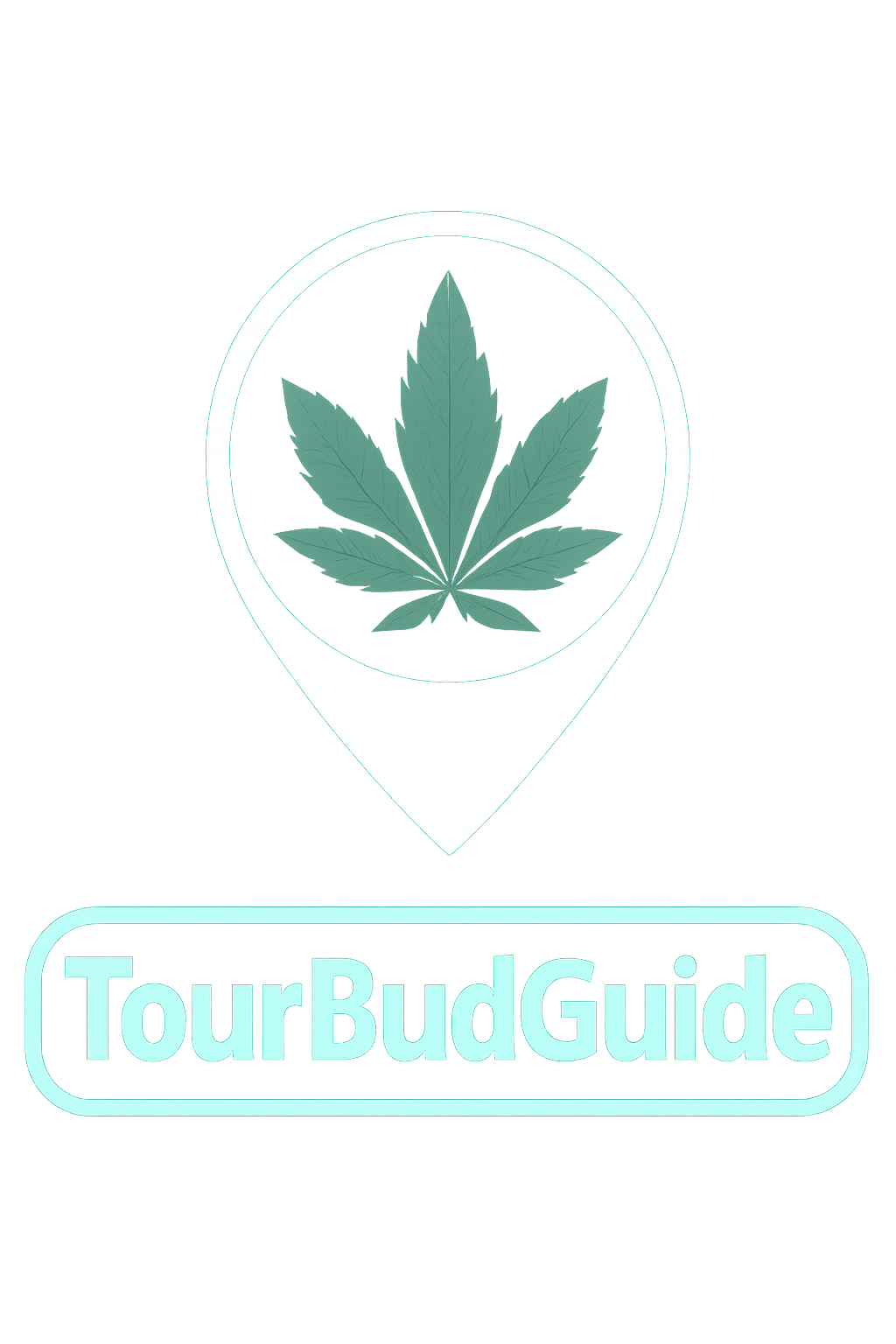Discovering Weed in Baqubah

Discovering Weed in Baqubah: Culture, Curiosity, and Context
Baqubah, the capital of Diyala Governorate in Iraq, is a city with a unique charm. Famous for its lush orange and citrus groves, it has long been known as a center of agriculture, culture, and resilience. Just northeast of Baghdad, Baqubah blends tradition with a growing awareness of global trends. Among these modern conversations is the subject of weed, or cannabis.
For locals and visitors alike, “discovering weed in Baqubah” doesn’t mean casually finding or using it—it is about exploring the cultural curiosity, the global influence of cannabis discussions, and the safe, legal ways people learn about it in a city where it remains prohibited. This article takes you through Baqubah’s cannabis curiosity: its laws, perceptions, academic interests, and how people engage with the topic safely.
The Legal Reality in Iraq
In Iraq, including Baqubah, cannabis remains illegal under all circumstances.
- Strict Prohibition: Cannabis is outlawed for recreational and medical purposes.
- Severe Penalties: Even small possession can lead to prison sentences and fines, while trafficking carries far harsher punishments.
- No Medical Exceptions: Unlike some countries that allow cannabis for chronic pain or epilepsy, Iraq has not legalized it for any medical use.
This strict legal framework means that “discovering weed in Baqubah” must always remain at the level of education, curiosity, and research, rather than practical involvement.
Baqubah’s Cultural Backdrop
Baqubah is known for its agricultural beauty, with vast orchards producing citrus fruits and other crops. It has also been a crossroads of different cultures, religions, and histories. These traditions strongly influence public attitudes toward substances like cannabis.
- Conservative Values: Religious and cultural norms discourage intoxicants, including cannabis.
- Generational Divide: Older generations often associate drugs with social decay, while younger people—especially students—are more curious due to global exposure.
- Herbal Heritage: Iraqis have a strong tradition of using herbs for medicine, from chamomile to mint, which sometimes prompts comparisons with cannabis in conversations about natural remedies.
Baqubah doesn’t have a visible cannabis culture. Instead, curiosity exists beneath the surface, discussed quietly among friends, academics, or online communities.
How Global Conversations Reach Baqubah
Baqubah, like the rest of Iraq, is not isolated from global news and trends. With satellite television, social media, and internet access, residents are constantly exposed to the international debate over cannabis.
- News of Legalization: Countries like Canada, Uruguay, and Germany have legalized cannabis, sparking questions about why Iraq remains so strict.
- Medical Stories: Videos and articles about cannabis oil helping epilepsy or cancer patients circulate online.
- Cultural Exposure: Movies, music, and documentaries often portray cannabis casually, shaping how younger Iraqis think about it.
For many in Baqubah, “discovering weed” means learning how the world views it, not engaging with it directly.
Academic and Research Interest
Baqubah has schools, colleges, and access to universities in Baghdad and beyond. In academic settings, cannabis sometimes appears as a subject of study.
- Medical Students: Read about cannabis in international journals, focusing on CBD’s potential.
- Pharmacy Researchers: Compare cannabis’s chemical compounds to traditional medicinal herbs.
- Social Science Students: Study how cannabis legalization affects societies abroad.
Here, cannabis becomes a topic of knowledge, not a practice, showing that discovery in Baqubah is intellectual rather than experiential.
How Curiosity Appears in Everyday Life
Because cannabis is illegal and taboo, curiosity in Baqubah surfaces in indirect, cautious ways:
- Conversations Among Youth – Students talk about what they read online or saw in documentaries.
- Private Social Media Discussions – Online groups share global news about cannabis.
- Family Curiosity – Relatives hear about cannabis oils being used abroad and wonder if such treatments could ever be available in Iraq.
- Diaspora Influence – Iraqis who return from living in Europe or North America sometimes share stories about how normalized cannabis is elsewhere.
All of this happens discreetly, reflecting the balance between curiosity and caution.
Medicinal Curiosity
One of the biggest reasons people in Baqubah are curious about cannabis is its medical reputation abroad.
- Chronic Pain Relief: Stories of cannabis helping arthritis or back pain capture attention.
- Epilepsy Treatment: Families with children who have seizures read about CBD oil reducing symptoms.
- Cancer Support: Reports of cannabis helping chemotherapy patients gain weight or reduce nausea are well-known online.
- Mental Health: Some young people see global debates about cannabis and PTSD, anxiety, or depression.
While these stories spark interest, the reality remains: cannabis is unavailable legally in Baqubah. Still, it pushes people to think critically about healthcare and global trends.
Public Attitudes in Baqubah
How do people in Baqubah view cannabis? Attitudes vary:
- Older Adults: Generally associate cannabis with danger and decline.
- Religious Leaders: Strongly discourage its use, aligning it with intoxicants forbidden by faith.
- Younger Adults: Curious, but cautious. They often focus on cannabis as an academic or cultural topic rather than a lifestyle.
- Health Professionals: Interested in global medical research but bound by legal limits.
Overall, while curiosity exists, stigmas remain strong, and open discussion is rare.
Safe Ways to “Discover” Weed in Baqubah
Because of legal risks, safe discovery in Baqubah is about knowledge, not practice. Here are responsible approaches:
- Read Global Research: Access scientific studies about cannabis’s medical properties.
- Watch Documentaries: Learn from international films and programs about cannabis.
- Compare Legal Models: Study how different countries handle legalization and what outcomes they face.
- Join Academic Discussions: Participate in university projects or debates about global drug policy.
- Talk with Trusted Circles: Discuss cannabis as a concept, not a practice, among friends or classmates.
This ensures curiosity stays safe, legal, and educational.
Everyday Scenarios of Curiosity in Baqubah
To make this relatable, here are a few examples of how “discovering weed” might look in Baqubah:
- A medical student at Diyala University writes a paper comparing cannabis laws in Iraq and Canada.
- A young man watches a documentary about cannabis cultivation in Colorado and shares the highlights with his friends.
- A mother of a child with epilepsy reads an article about CBD oil abroad and quietly wonders if Iraq will ever consider such treatments.
- A group of friends debate legalization after seeing global news about cannabis being taxed and regulated.
These examples show that discovery in Baqubah is thoughtful and cautious, not recreational.
Responsible Curiosity
For anyone in Baqubah curious about cannabis, responsibility is essential:
- Stay Within the Law – Avoid any use or possession.
- Educate Yourself – Focus on books, documentaries, and global studies.
- Respect Local Values – Understand that cannabis remains taboo for many.
- Think Globally, Act Locally – Learn from other countries but recognize Iraq’s context.
This way, curiosity enriches understanding without creating risks.
Conclusion
Discovering weed in Baqubah is not about finding it in the city’s citrus groves or markets—it is about understanding what cannabis means globally and how that conversation reaches a place where it remains illegal and socially taboo.
In Baqubah, cannabis is discovered through knowledge, academic study, online exposure, and cautious discussion. People learn about medical applications, legalization abroad, and cultural portrayals, while respecting their own city’s laws and traditions.
As Baqubah continues to balance its rich heritage with modern influences, cannabis remains a subject of quiet curiosity, not open practice. The safest way to explore it here is through education and global awareness, ensuring respect for both local values and personal safety.

Would you like me to create a more travel-style version of these cannabis articles (linking curiosity with Baqubah’s famous orange groves, markets, and culture), so they feel like lifestyle pieces instead of academic guides?

Just love this dude Tourbud. Keep up with the good work. Excellent customer service. He goes above and beyond to make sure the order is right, help and support if anything goes wrong.
It was hard to find a reliable plug but finally tourbud showed up and gained my trust. Definitely he is the way out and hands down the best.@ https://t.me/tourbud
As someone who”s always looking for natural wellness options, TOURBUD has been amazing. his weed strains helped me unwind after workouts ,and his service was top-notch, I was a bit hesitant at first, but TOURBUD made the entire purchase process easy and secure. email him tourbudguide@gmail.com
The variety of cannabis strains at tourbud is impressive I was able to find exactly what i was looking for and his customer service was very helpful, I can’t wait to try more products.
Not sure why you are still waiting for dealers to respond you and wait for the delivery… It’s 21st century dudes . these guys usually have several strains always available in center so just couple of clicks and you get GPS coordinates and a photo where to grab your stuff immediately after crypto payment or gift card payment. If something goes wrong they have support you may chat with after payment confirmation, but usually no problems detected
I contacted him on his telegram and due to security reasons he requested crypto payments which i did.
about 30minutes later my dope was dropped at my requested location
great guy!!!
i highly recommend email tourbudguide@gmail.com
I have tried a lot of weed strains, and the quality from TOURBUD is unbeatable. The process was seamless, and the strains arrived fresh and potent and I paid using bitcoin before delivery. guys text him on telegram for fast reply @ https://t.me/tourbud
Everytime I order, I get excited not only for his TOP NOTCH PRODUCTS, but his amazing customer service.
From the time I start my text, to when my weed arrives, tourbud makes every encounter fast, friendly and SO AFFORDABLE. He works with you to get what you need.
Thank you Tourbud for been so good to me everytime.